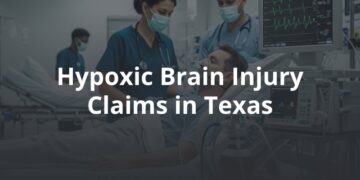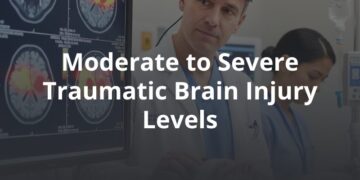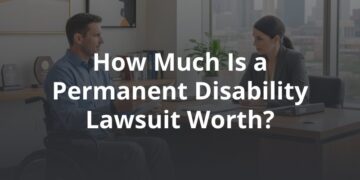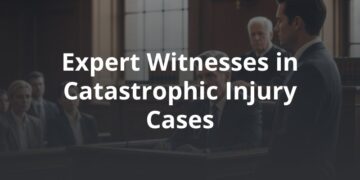Auto insurance companies have been misinterpreting Texas law for years, believing themselves to be immune from the consequences of treating their insureds in bad faith while handling uninsured and underinsured motorist coverage (UIM) claims.
After a lengthy, multi-phase legal battle with Allstate in one such situation, FVF’s recent victory in the Third Court of Appeals establishes that UIM insurers must treat their insureds fairly or face payment for damages and attorneys’ fees caused by their behavior.
Understanding the Issues
UIM insurance coverage is available to all Texas motorists. It is designed to protect thoughtful and conscientious motorists from being harmed by other drivers with insufficient liability insurance. Since Texas only requires drivers to purchase $30,000 in liability insurance, when you buy UIM insurance, you are ensuring there will be more insurance proceeds to help pay for things like medical expenses, lost wages, pain, and physical impairment if you are harmed in a collision.
The Source of Confusion
In 1987, the Texas Supreme Court first recognized that all insurance companies in Texas must treat their insureds in good faith when handling insurance claims. This principle later became written law in Texas under the Texas Insurance Code, where it still exists today. However, in 2006, the Texas Supreme Court issued an opinion in Brainard vs. Trinity Universal Insurance Co. that, in the eyes of UIM insurers across Texas, cast doubt on whether the duty of good faith and fair dealing applied at all in UIM cases.
This confusion stems from the language contained in Texas UIM policies requiring insureds to prove their “legal entitlement” to damages. This means the jury must determine if the other driver was at fault for causing the collision and if the victim’s legal damages exceed the at-fault driver’s liability insurance coverage before the UIM carrier has any contractual obligation to pay the claim.
Following Brainard, many UIM insurers in Texas believed they could force their insureds through a full-blown jury trial before the UIM insurer had any legal duty to act in good faith and fairly evaluate UIM claims. With this perceived immunity from the repercussions of acts of bad faith in the UIM context, UIM insurers began routinely denying and delaying payment of valid UIM claims to their insureds who needed access to the insurance proceeds they’d been paying for.
Righting a Wrong
FVF Law seeks to bring a stop to such actions. Josh Fogelman, a founding partner at FVF, never believed the Supreme Court intended to provide this type of immunity in Brainard, and set out on a mission to clarify the law on this subject. This mission included Identifying an appropriate case where a client’s valid UIM claim had been denied by the UIM insurer, proving the validity of the client’s UIM claim through a jury trial, suing the UIM insurer for bad faith in handling the claim, then allowing an appeals court to decide whether such a claim for bad faith could even exist in Texas after Brainard.
In March 2019, Josh Fogelman and Justin Hill, of Hill Law Firm in San Antonio, secured a jury verdict on behalf of Barbara Burgess against Allstate, her UIM insurer, for $386,000 in Williamson County. This established Mrs. Burgess’ right to her $50,000 UIM policy from Allstate. Mrs. Burgess then sued Allstate for their bad faith handling of her UIM claim, wherein Allstate offered to pay Mrs. Burgess $500 to settle the claim.
Relying primarily on the principles set forth in Brainard, Allstate moved to have the case dismissed, arguing they were immune from paying any damages for bad faith conduct. The trial court agreed, and Mrs. Burgess appealed. On Nov. 24, 2021, Justice Chari Kelly of the Third Court of Appeals, which holds jurisdiction over 24 central Texas counties, agreed with FVF Law and Josh Fogelman that Brainard did not provide the immunity Allstate assumed.
The Lesson from Burgess vs. Allstate
In a well-reasoned opinion, the Third Court of Appeals held in Burgess vs. Allstate that “an insurer may be liable for… bad faith and for unfair settlement practices under… the insurance code when it delays payment on a claim for UIM benefits” when the “insurer’s liability is reasonably clear.” This holding is a pivotal decision in restoring fairness to the handling of UIM claims in Texas and holds UIM insurers accountable when their denial or delay in payment of insurance benefits causes harm to their insureds, such as mental anguish or financial harm.
FVF Law is grateful for the opportunity to represent this client and help all injured Texans have access to their UIM insurance benefits at the time they need it most.








